
Capt. Maxwell Adam Mahama may go into Black History as a martyr who voluntarily gave up his life, so that a nation could sit up and find ways of resolving the sudden outbreak of HIS (the Highly Indiscipline Syndrome) that has eaten into the minds, hearts and souls of some youth, and seems to be a specific epidemic that targets people between 12-45 years old.
As we mourn him and mourn with his wife, children, family and the entire Ghana Armed Forces, it was a call to have the nation united, so that, as One People, we could curb this indiscipline, which is claiming lives, mostly the youth.
We lost Verma Marie Annan a young enterprising woman, and Kervin Nana Kofi Moses, a first term, first year student of Achimota Senior High School (SHS) during the National Democratic Congress (NDC) era, under John Mahama, due to gross professional misconduct and indiscipline.
Ghana only needed to tackle this gruesome murder in a holistic non-partisan way, but, unfortunately, the NDC decided to read politics into the cold murder of Maxwell Mahama, by accusing the New Patriotic Party (NPP) administration, led by H.E. President Nana Addo Dankwa Akufo-Addo, backing its claim with a litany of lawlessness recently going on in this country. It failed to come out with a direct link, anyway.
For politicising this gruesome murder the way the NDC did, then calls for the politicisation of landmarked cold murders.
Maxwell was first killed, then his body torched; does this not ring a bell? On Wednesday June 30, 1982, almost thirty-five years ago, under the Provisional National Defence Council (PNDC) regime, three judges, namely, Cecilia Koranteng-Addo, Kwadwo Adjei Agyepong and Poku Sarkodie, in addition to a retired major of the Ghana Armed Forces, Sam Acquah, were abducted from the homes and sent to a far-off place and murdered, and their bodies torched. All traces of these gruesome murders went directly to the high office of the land, Office of the Chairman of the PNDC, when a Cabinet Member, Joachim Amartey Kwei, was found guilty of murdering the four persons.
Many were Ghanaians who decided to believe that the killings were a cabinet decision, because it was strongly claimed at the time that Chairman Rawlings spoke to the nation insisting that the murders were all news to the PNDC, which knew nothing about them, he and his cabinet knew all along what went on that night in the Accra Plains at Katamanso.
It is good to know that those judges had earlier, during the Third Republic, slashed down the ridiculous long jail terms of Armed Forces Revolutionary Council (AFRC) convicts. Some were killed for abuse of power and economic malfeasance, with one going down for lawfully acquiring a bank loan to build his house.
Yet, out of the NDC comes someone whose crime against the state, by way of stealing GH¢51 million, when compared to the collective alleged crimes of those killed in 1979, could be said to be comparing the alcoholic potency of a 5 litre bottle of Spirytus Delikatesowy 192º hard liquor to a 150ml can of Bucks Premier Light Beer 2.3º. This NDC financier was allowed to walk free by the NDC.
Interestingly, Major Sam Acquah, then head of administration of the Ghana Industrial Holding Corporation (GIHOC), signed dismissal letters of some unruly staff, who hit the streets in a demonstration, which saw them destroying properties. Those dismissed included Joachim Amartey Kwei, who later became a full Cabinet Member of the PNDC.
When lawlessness held sway over this country, we had a powerful army personnel who walked the corridors of power and was called Salifu Amankwa. He could kill retiree N.R. Quarshie in cold blood, and who, out of shock, offered no resistance, just as Maxwell Mahama did. He was convicted of murder and sentenced to death by a court of competent jurisdiction. But, what followed next, was the PNDC reducing the conviction to manslaughter, and later making the murderer walk away free.
If these arguments can be brushed aside, then can we have an explanation of how come the wanted Assembly Member of the area, Mr. William Baah, who was alleged to have incited the youth of Denkyira-Obuasi to murder the army Captain, gave himself up to the police in the company of the immediate-past District Chief Executive (DCE) of Upper Denkyira West, Ambrose Amoah-Ashyiah, a losing NDC candidate in the previous parliamentary elections? What do the two have in common? Is it not, most likely, that Baah could also be an NDC activist or sympathiser. Can someone then be accused of politicising issues, if he or she says this murder has the signature of the NDC on it, as part of their plans to make this government unpopular and unacceptable to Ghanaians?
The common denominator: murder a human, and then burn the body.
Read Full Story
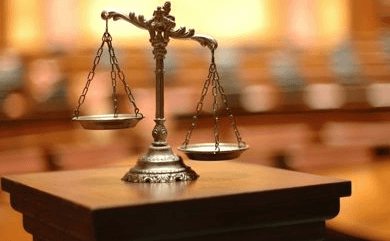
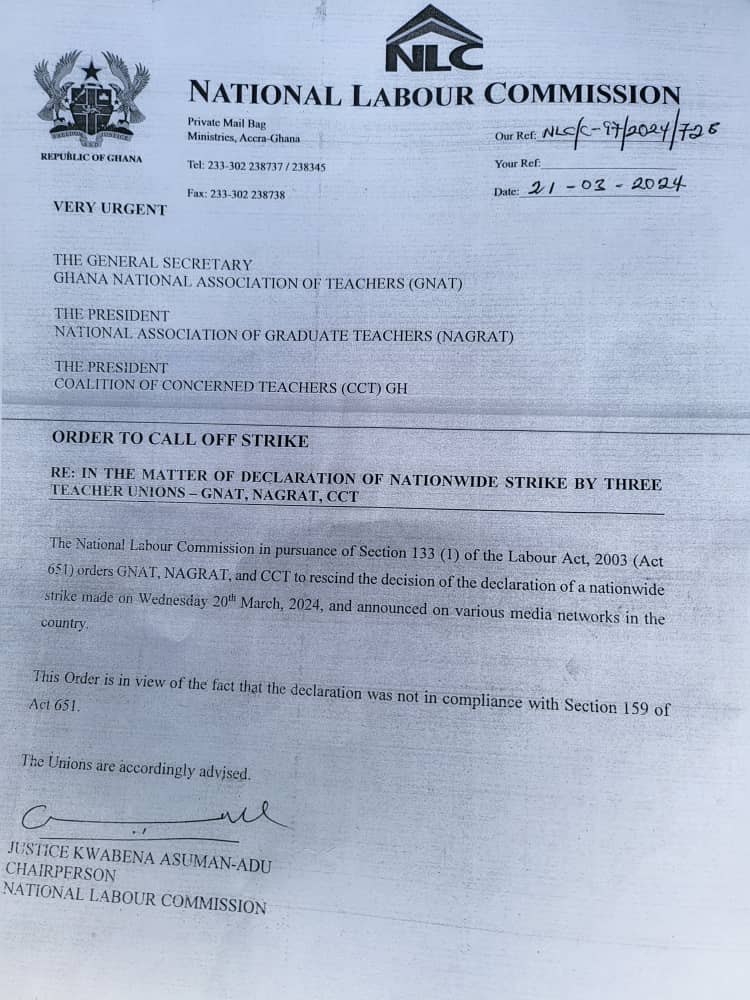
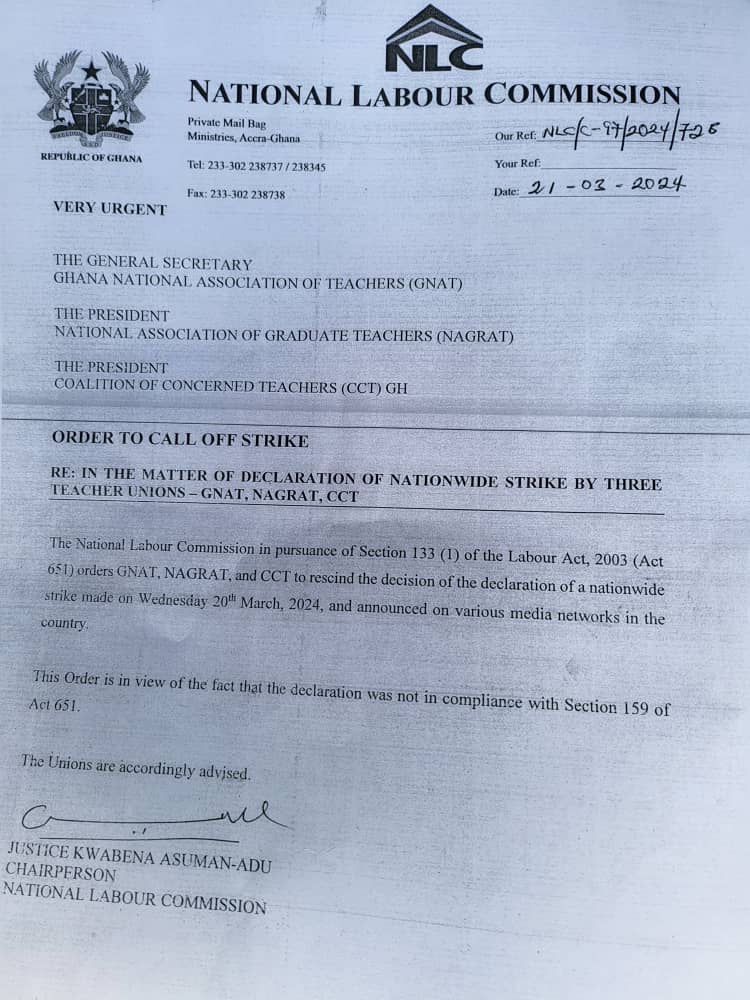
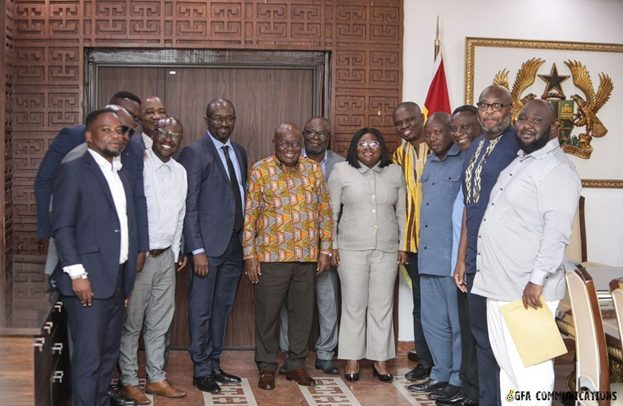
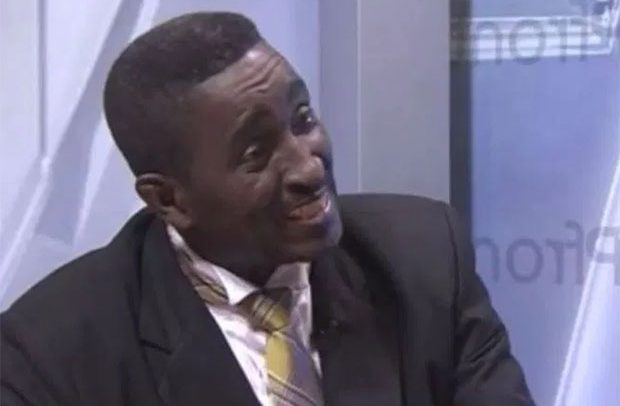
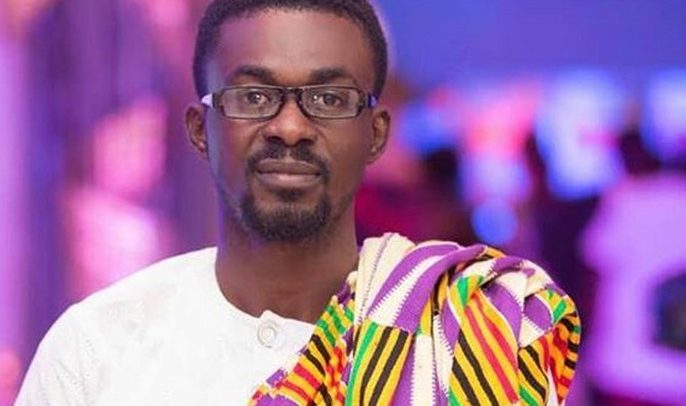











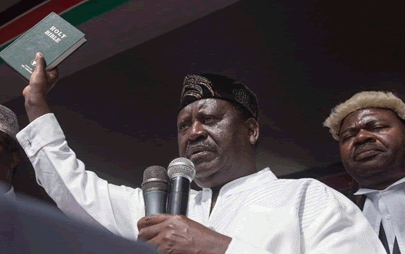





Facebook
Twitter
Pinterest
Instagram
Google+
YouTube
LinkedIn
RSS